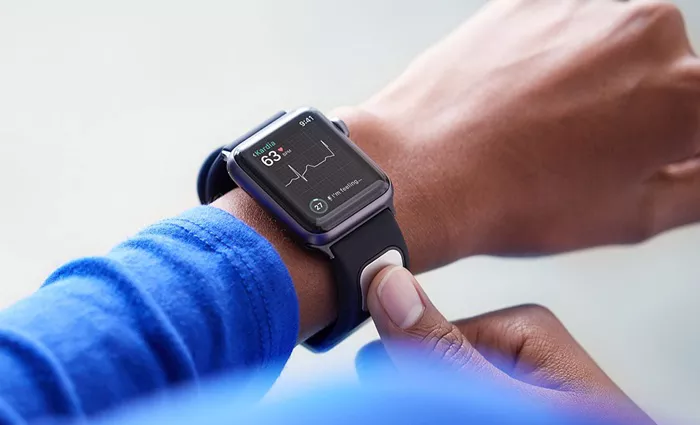A new study from the University of Mississippi shows that the Apple Watch measures heart rate and step count accurately but often gets calorie estimates wrong. The research, published in a peer-reviewed meta-analysis and reported by CNET, examined how well the Apple Watch performs in three key areas: heart rate, steps, and calories burned.
The study looked at 56 earlier research papers that compared the Apple Watch to clinical-grade measurement tools. Researchers found that heart rate readings had a low average error of 4.43%, and step counts had an error of 8.17%. These numbers are within the range considered acceptable for consumer fitness devices. However, calorie estimates were much less accurate. The average error in measuring energy expenditure was nearly 28%, which is more than three times the acceptable limit for precise tracking.
This high error rate in calorie counting was consistent across different Apple Watch models, user groups, and types of physical activity. The devices work well to help users track habits and stay motivated, but the calorie numbers should not be taken as fully accurate. Instead, users should treat these estimates as helpful guides, not as medical or diagnostic information.
These findings confirm earlier studies that have questioned the accuracy of calorie burn data from wearables like the Apple Watch. Even though Apple has improved the Watch’s technology since it first launched in 2015, the study shows that calorie estimates still contain significant errors. The researchers did note a gradual improvement in accuracy with newer models, although no single update made a dramatic difference.
The study’s authors stressed that their goal is not to criticize the Apple Watch or similar devices. Instead, they want to highlight their limitations so consumers and manufacturers can better understand them. By identifying the weak points, developers can work on improving sensors and software. This feedback may lead to better, more reliable devices for both everyday users and healthcare professionals.
Apple does not disclose the algorithms behind its fitness tracking, nor does it claim the Apple Watch provides clinical-level calorie measurements. The company markets the Watch as a wellness tool, not a medical device, even though it has added advanced health features like body temperature tracking and sleep apnea detection in recent years.

